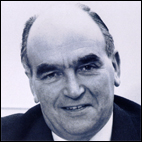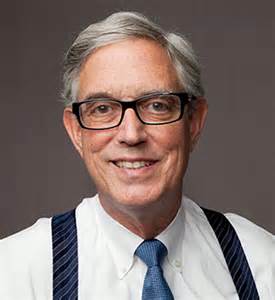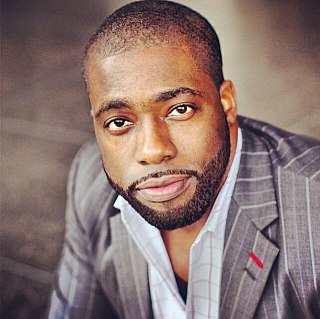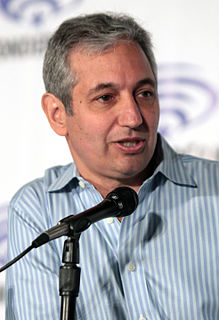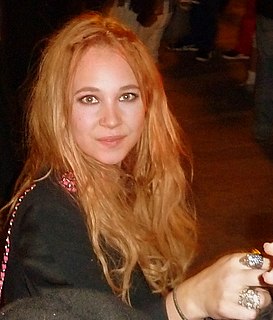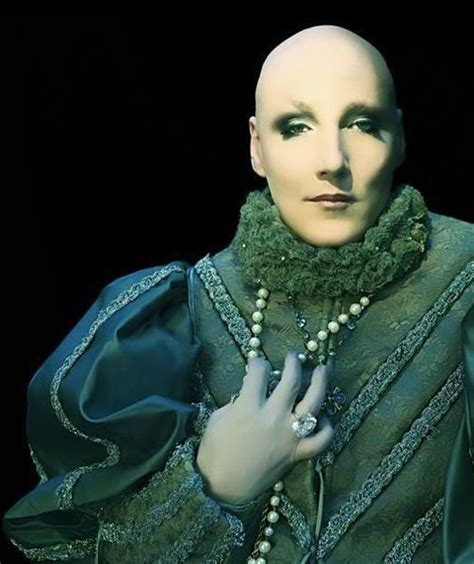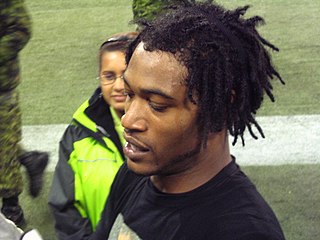A Quote by Aditi Rao Hydari
If I trust the people I work with, then I deliver my part with complete trust.
Related Quotes
When the trust is high, you get the trust dividend. Investors invest in brands people trust. Consumers buy more from companies they trust, they spend more with companies they trust, they recommend companies they trust, and they give companies they trust the benefit of the doubt when things go wrong.
Being vulnerable is allowing yourself to trust. That's hard for a lot of people to do. They feel a lot more secure if they kind of put walls around themselves. Then they don't have to trust anybody but themselves. But to allow you to trust not only yourself but trust others means - is what's required to be vulnerable, and to have that kind of trust takes courage.
Trust gives you the permission to give people direction, get everyone aligned, and give them the energy to go get the job done. Trust enables you to execute with excellence and produce extraordinary results. As you execute with excellence and deliver on your commitments, trust becomes easier to inspire, creating a flywheel of performance.
Teams use trust as currency. If it is in short supply, then the team is poor. If trust abounds, the members of the team have purchase power with each other to access each others’ gifts, talents, energy, creativity, and love. The development of trust then becomes a significant leadership strategy. Trust creates the load limits on the relationship bridges among team members


